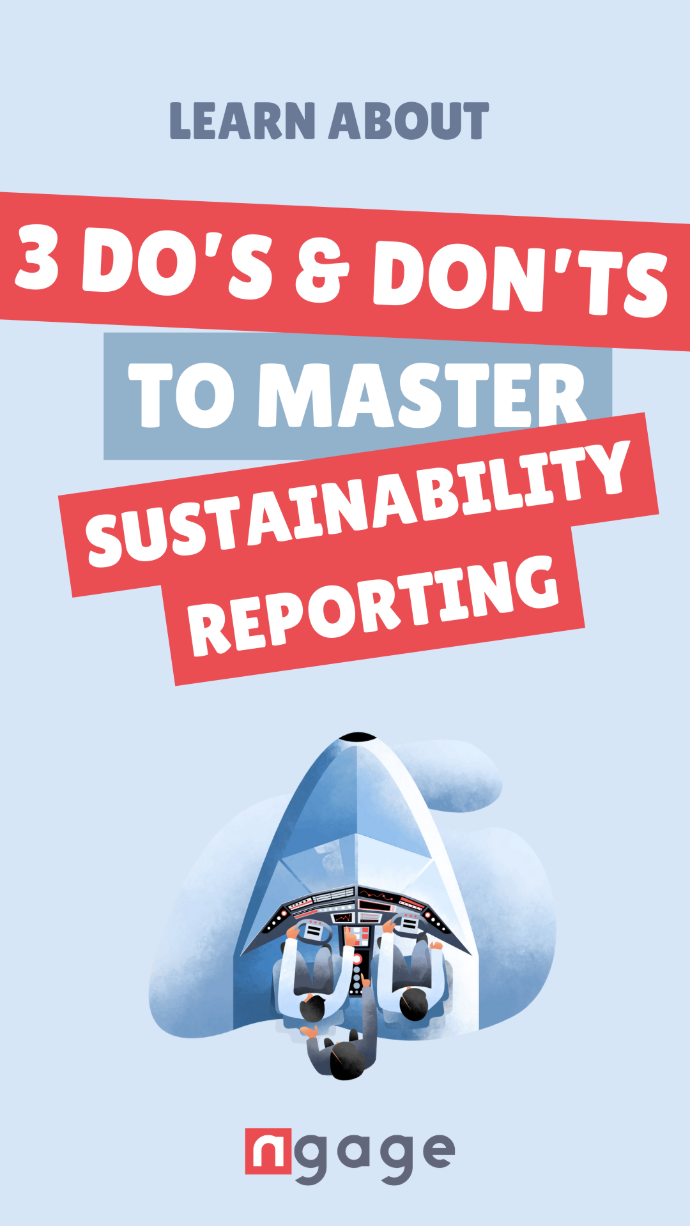Sustainability reporting is entering a new era with the CSRD. For many organizations, this isn’t just about meeting compliance requirements, it’s about seizing the opportunity to transform the way they manage impact, strategy, and data.
After supporting several clients in preparing their first CSRD report, we’ve identified some key lessons to keep in mind.
DO’s:
-
Use CSRD as a transformation tool
Approach it as more than a regulatory checklist. The CSRD can serve as a strategic compass to identify gaps, set priorities, and track progress over time. -
Embed double materiality in daily practice
Integrating double materiality into decision-making strengthens your ability to define what truly matters and enhances the credibility of your sustainability approach. -
Start documenting data sources early
Keep track of assumptions, methodologies, and data sources from day one. This upfront effort saves considerable time, and headaches, when audits come around.
DON’Ts:
-
Assume everyone already understands CSRD
This is a complex framework. Don’t overlook the need to explain, guide, and support your teams along the way. -
Run the project in silos
While decentralized governance is useful, it only works with strong coordination and a shared vision across departments. -
Pretend everything is already perfect
Authenticity is key. Acknowledging gaps and next steps builds far more trust than presenting an overly polished picture.
💡 Final thought: what matters most is progress, not perfection. Start early, stay aligned, and move forward step by step.
